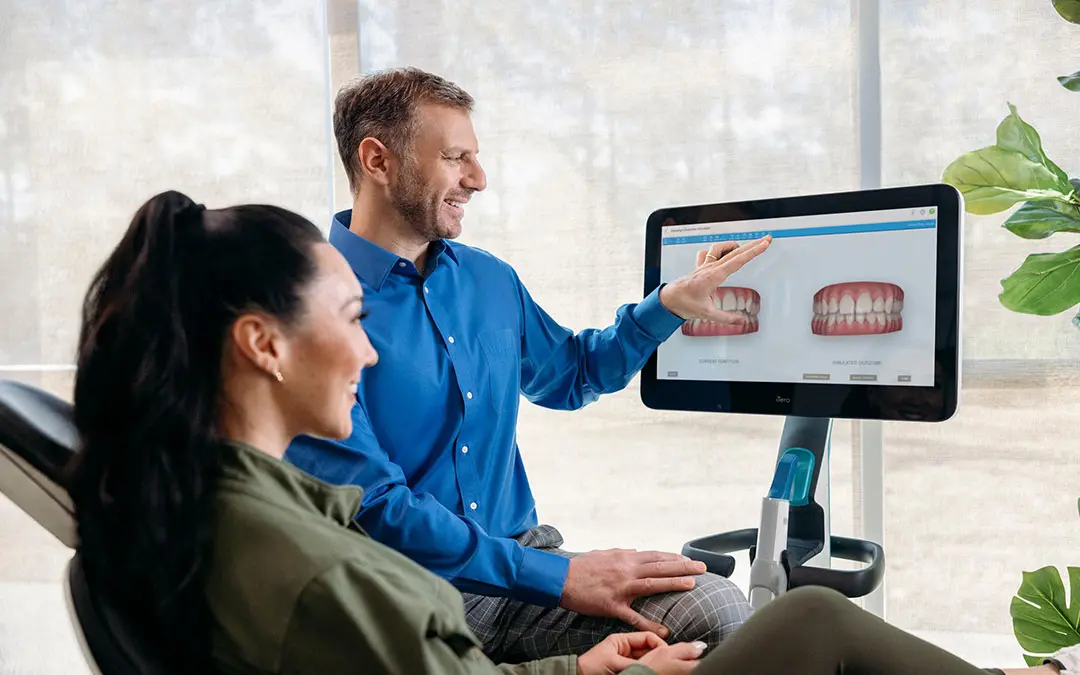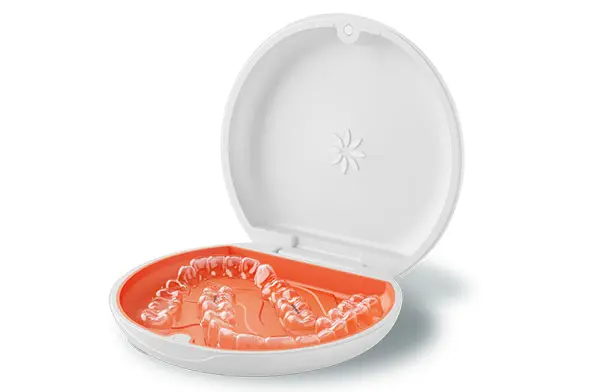Take great care of your teeth.
Maintaining good oral hygiene is crucial for preventing dental issues and supporting the effectiveness of orthodontic treatment.
Brush your teeth at least twice daily. Use a soft-bristled toothbrush and fluoride toothpaste when brushing. Floss at least once per day to remove plaque from your teeth. You may also want to consider cleaning aids like dental floss picks, interdental brushes, or water flossers.
Watch your diet
Your diet can influence the health and stability of your teeth . Adopting a balanced diet that promotes good oral health can help prevent further dental issues and support the effectiveness of orthodontic treatment. Limit consumption of sugary and acidic foods and beverages, as they can contribute to tooth decay and erosion. Incorporate tooth-friendly foods into your diet, such as fruits, vegetables, lean proteins, and dairy products. These foods provide essential nutrients for maintaining strong teeth and gums.
What not to do when teeth start shifting
It’s possible that some actions or habits can make teeth shifting worse. Talk to your dentist if you're doing any of these items listed below:
Ignoring the problem or avoiding treatment
Ignoring shifting teeth can make misalignment worse. Address any issues you see promptly with your dentist. Don't delay dental appointments or check-ups. Keep up with follow-up visits so your doctor can monitor progress of any orthodontic treatment and address any emerging concerns. Use the Invisalign Doctor Locator to find a health professional near you.
Trying DIY or at-home remedies without professional guidance.
Self-diagnosing and self-treating your shifting teeth can be risky. Avoid applying excessive force or pressure to your teeth using DIY braces or aligners. Only attempt to straighten your teeth with professional guidance from an orthodontist or dentist.
Forgetting oral hygiene.
Good oral hygiene is crucial, especially when dealing with shifting teeth. Failing to brush and floss regularly can contribute to dental issues like gum disease and tooth decay, and possibly make teeth shifting worse.
Not breaking bad habits.
Certain habits can contribute to teeth shifting and should be avoided. These habits include thumb-sucking, tongue thrusting, biting on hard objects, and clenching or grinding your teeth.
Not wearing your retainer.
Following your dentist's instructions after treatment with braces or Invisalign treatment is critical. Skipping or neglecting to wear your retainer can allow your teeth to return to their previous positions.
Talk to Your Dentist
If you’re worried about your teeth shifting, talk to your dentist right away. They can work with you to protect your smile. If you don’t have a dentist or orthodontist, use the Invisalign Doctor Locator to find a dental health provider near you.








